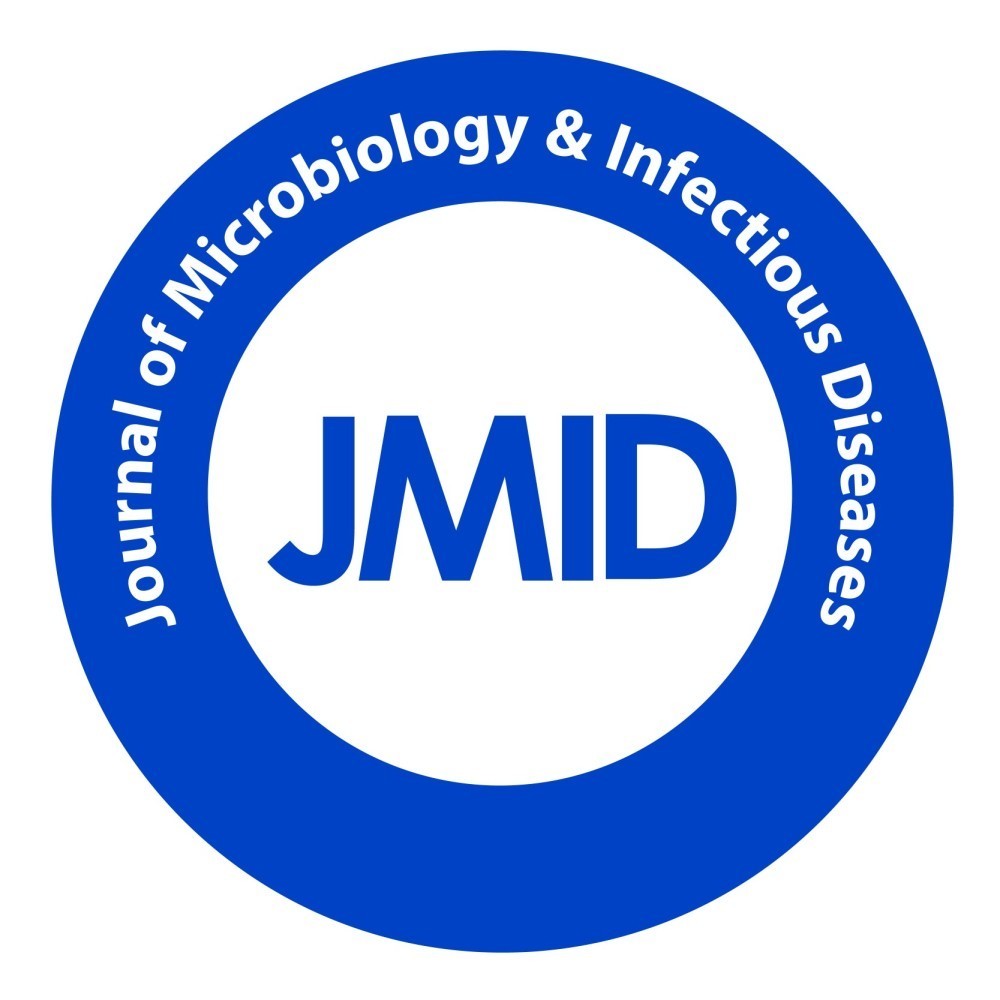
Digital Archiving and
Preservation Policies
In an era marked by the digitization of scholarly
communication, the Journal of Microbiology and Infectious Diseases (JMID)
recognizes the critical importance of robust digital archiving and preservation
policies. These policies are designed to ensure the longevity, accessibility,
and integrity of scholarly content published in our journal, fostering a
commitment to the preservation of scientific knowledge for current and future
generations.
1. Digital Archiving
Infrastructure
1.1. Server Redundancy
JMID employs a server redundancy system to mitigate
the risk of data loss due to hardware failures or other unforeseen events. Our
content is hosted on secure and reliable servers with redundant storage
solutions, minimizing the likelihood of service disruptions.
1.2. Data Backups
Regular, automated backups of all published content
are conducted to safeguard against data loss. These backups are stored in
geographically diverse locations to enhance resilience and ensure that the
entire repository can be restored in the event of a catastrophic failure.
2. Open Access and
Accessibility
2.1. Open Access
Philosophy
As an advocate for open access, JMID is committed to
making scientific research freely accessible to the global community. Our open
access model enhances the dissemination of knowledge and contributes to the
broader accessibility of scholarly content.
2.2. Accessibility
Standards
JMID adheres to international accessibility standards,
ensuring that our digital content is accessible to individuals with
disabilities. We strive to provide a user-friendly experience for all readers,
embracing inclusivity and diversity in the dissemination of scientific
knowledge.
3. Metadata and
Interoperability
3.1. Metadata Standards
To enhance discoverability and interoperability, JMID
follows established metadata standards such as Dublin Core. This ensures that
our content is easily indexed by search engines, repositories, and other
scholarly databases, contributing to the global visibility of published
research.
3.2. Crossref DOI
Assignment
JMID assigns Digital Object Identifiers (DOIs) through
Crossref to each published article. DOIs provide a persistent and unique
identifier, facilitating accurate citation, linking, and long-term retrieval of
scholarly content.
4. Licensing and
Copyright Policies
4.1. Creative Commons
Licensing
To promote the open dissemination of knowledge, JMID
adopts Creative Commons licensing for published content. Authors retain
copyright while granting users the right to share, adapt, and build upon the
published work, with proper attribution. See "License Information" page for more details.
4.2. Author Rights
Authors publishing with JMID retain the right to their
intellectual property. Our licensing agreements are designed to balance the
need for widespread dissemination with the protection of authors' rights,
fostering a collaborative and author-friendly publishing environment.
5. Collaboration with
Archiving Services
5.1. Portico
Portico is community-supported preservation archive that safeguards access to e-journals, e-books, and digital collections. All available issues of JMID have been archived in Portico.
5.2. SHERPA/RoMEO
JMID is actively pursuing inclusion in SHERPA/RoMEO, a
database that provides information on the copyright and self-archiving policies
of academic journals. This initiative reflects our commitment to transparency
regarding authors' rights and archiving permissions.
5.3. LOCKSS and CLOCKSS
JMID is in the process of exploring collaboration with
archiving services such as LOCKSS (Lots of Copies Keep Stuff Safe) and CLOCKSS
(Controlled Lots of Copies Keep Stuff Safe). These initiatives aim to ensure
the perpetual access and preservation of scholarly content, even in the face of
potential journal or publisher disruptions.
6. Persistent Identifiers
and Linking
6.1. Cross-Linking
To enhance the discoverability and accessibility of
content, JMID actively participates in cross-linking initiatives with reputable
scholarly databases, repositories, and indexing services. This
interconnectivity contributes to the broader dissemination of research
findings.
6.2. ORCID Integration
JMID encourages authors to use Open Researcher and
Contributor ID (ORCID) identifiers, facilitating seamless integration with
institutional repositories and ensuring the accurate attribution of scholarly
contributions.
7. Periodic Audits and
Assessment
7.1. Digital Preservation
Audits
JMID conducts periodic audits of its digital
preservation practices to assess the effectiveness of archiving strategies.
These audits involve evaluating data integrity, file formats, and adherence to
preservation best practices.
7.2. Continuous
Improvement
JMID is committed to continuous improvement in its
digital archiving and preservation policies. Feedback from the scholarly
community, advancements in digital preservation technologies, and emerging best
practices inform our ongoing efforts to enhance the reliability and
sustainability of our digital repository.
The digital archiving and preservation policies of JMID underscore our dedication to ensuring the longevity, accessibility, and integrity of scholarly content. By embracing open access, adhering to metadata standards, collaborating with archiving services, and continuously evaluating our practices, JMID strives to contribute to the global preservation of scientific knowledge. As we embark on partnerships with SHERPA/RoMEO, LOCKSS, and CLOCKSS, we reinforce our commitment to transparent archiving practices, providing a solid foundation for the enduring impact of published research in the field of microbiology and infectious diseases.
8. The Directory of Open Access Libyan Journals (DOLJ)
JMID is listed in the Directory of Open Access Libyan Journals (DOLJ)







